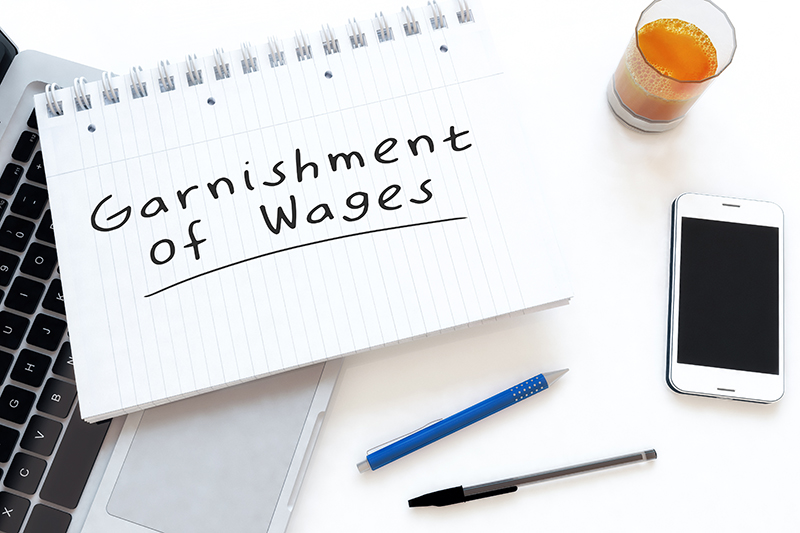I owe back taxes. Can I make a deal so they don’t garnish my paycheck?
July 01, 2020 by Glynis Miller, CPA, MST
If you owe back taxes, it is understandable that you would like to make a deal with the IRS to get relief. However, your ability to make a deal to stop the garnishment on your paycheck may be limited. First, wage garnishments are a form of tax levy, giving the IRS the legal authority to seize your earnings to pay for back taxes owed. The tax code for using the IRS levy contains specific federal guidelines that govern when it is used. Generally, a garnishment is not sought by the IRS unless all of the following actions have occurred:
- The tax has been assessed and billed to the taxpayer (Demand for Payment)
- The tax bill remains unpaid (significant time has passed, and multiple attempts made to collect)
- The IRS has sent the Final Notice of Intent to Levy and Notice of Your Right to A Hearing. (Notice must be submitted at least 30 days before the levy.)
Therefore, the status of these three actions by the IRS determines the ability to prevent garnishment of your paycheck.
It is essential to understand what the above actions mean in regards to your outstanding tax debt. First, what does it mean that the tax has been assessed? It can mean that you filed a tax return and the IRS processed it and sent you a billing statement. Or, it could mean a tax assessment from a substitute tax return filed by the IRS as a result of your failure to file a tax return or an adjustment made for some other error on a tax return.
Secondly, what does it mean to remain unpaid? Note, the IRS is required to inform you of past-due tax debt in writing. Due to this requirement, the IRS will send out multiple letters requesting that you pay the amount due or contact them if you have difficulty paying or believe you do not owe. On occasion, taxpayers must contact the IRS to prove they have already paid the amount requested. Why? Well, believe it or not, posting errors do happen at the IRS. And if they think you have not paid, they will continue to send you letters requesting full payment. Generally, providing proof of payment can resolve the matter with no further action necessary. Even if the notices indicate additional penalties and interest, those fees are removed if the evidence shows the assessments were paid in full.
Lastly, each IRS letter provides details on how to contact the IRS to settle the disputed amount and warnings of the time allowed before the next action if you fail to respond. At some point in time, the Final Notice of Intent to Levy is issued. With this notification, taxpayers are informed that they have a right to a hearing before the IRS levies any assets. A request should be made for a hearing appointment upon receipt of this notification. At a Collections Due Process (CDP) hearing, you can work with the IRS on a payment option to avoid garnishment. The CDP hearing does not generally handle disputes on the amount of tax owed. As noted, the notification must be submitted at least 30 days before the IRS takes action to levy or garnish your wages. The IRS must stop a levy if:
- The statute of limitations for collection expired before notification of garnishment was issued
- The full 30 days were not allowed for response by the IRS
- The taxpayer has declared bankruptcy
- A request for an installment plan or offer in compromise are under consideration
So, the answer is yes, it is possible to make a deal to keep the IRS from garnishing your paycheck. In fact, for many taxpayers owing back taxes, making payment arrangements with the IRS is all that is needed to avoid the garnishing of a paycheck. However, it may be too late for others to stop the garnishment, but not necessarily too late to make a deal to resolve debt from back taxes.
Please note, there are options to resolve your back taxes. You may have to consider whether the balance is correct or if you have unfiled tax returns. An “Audit Reconsideration” or “Offer in Compromise” might be the option for you. Or, maybe you do not know how to set up a payment plan. Though there are many options available to assist taxpayers in resolving tax debt, not every taxpayer qualifies for every choice. TaxAudit can help if you owe back taxes. A specialist at TaxAudit can work with you to determine the best course of action for your circumstances, whether it be an installment agreement, audit reconsideration, offer in compromise, or penalty abatement.





